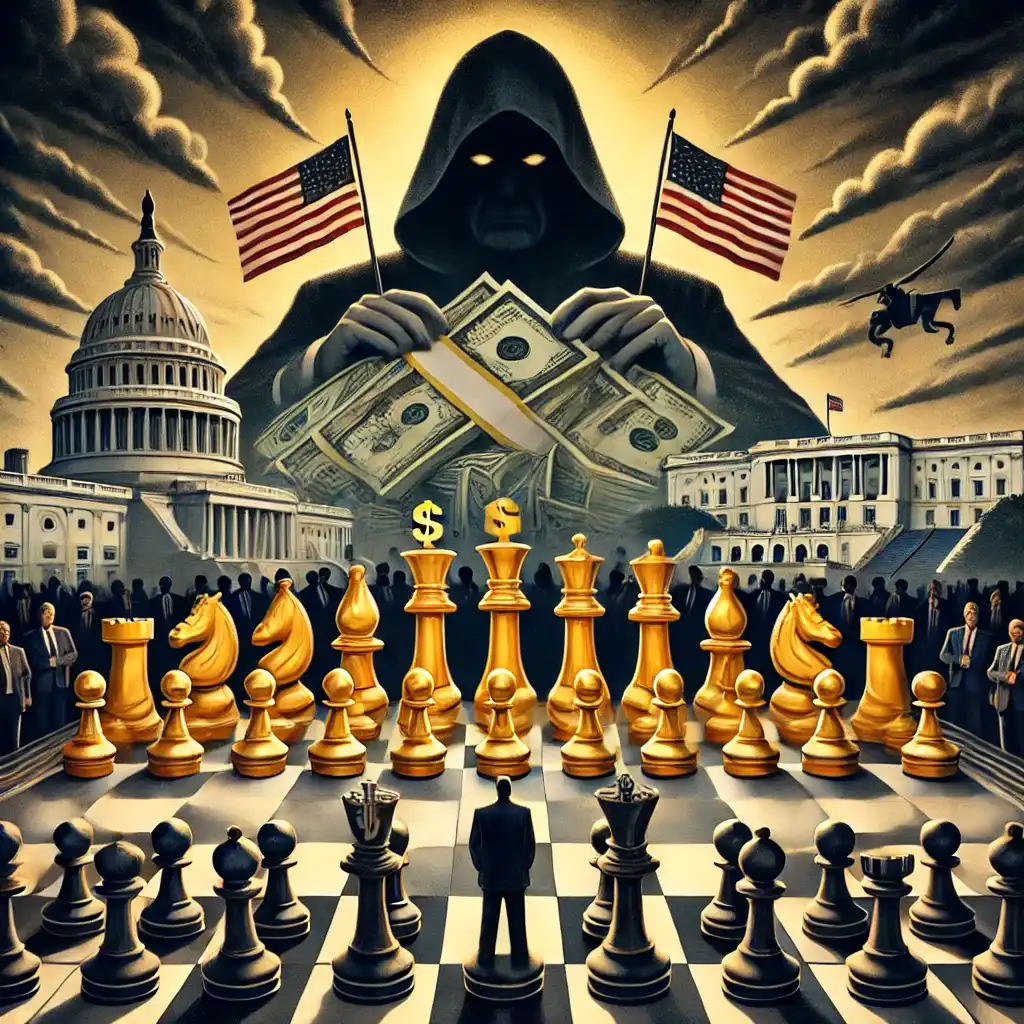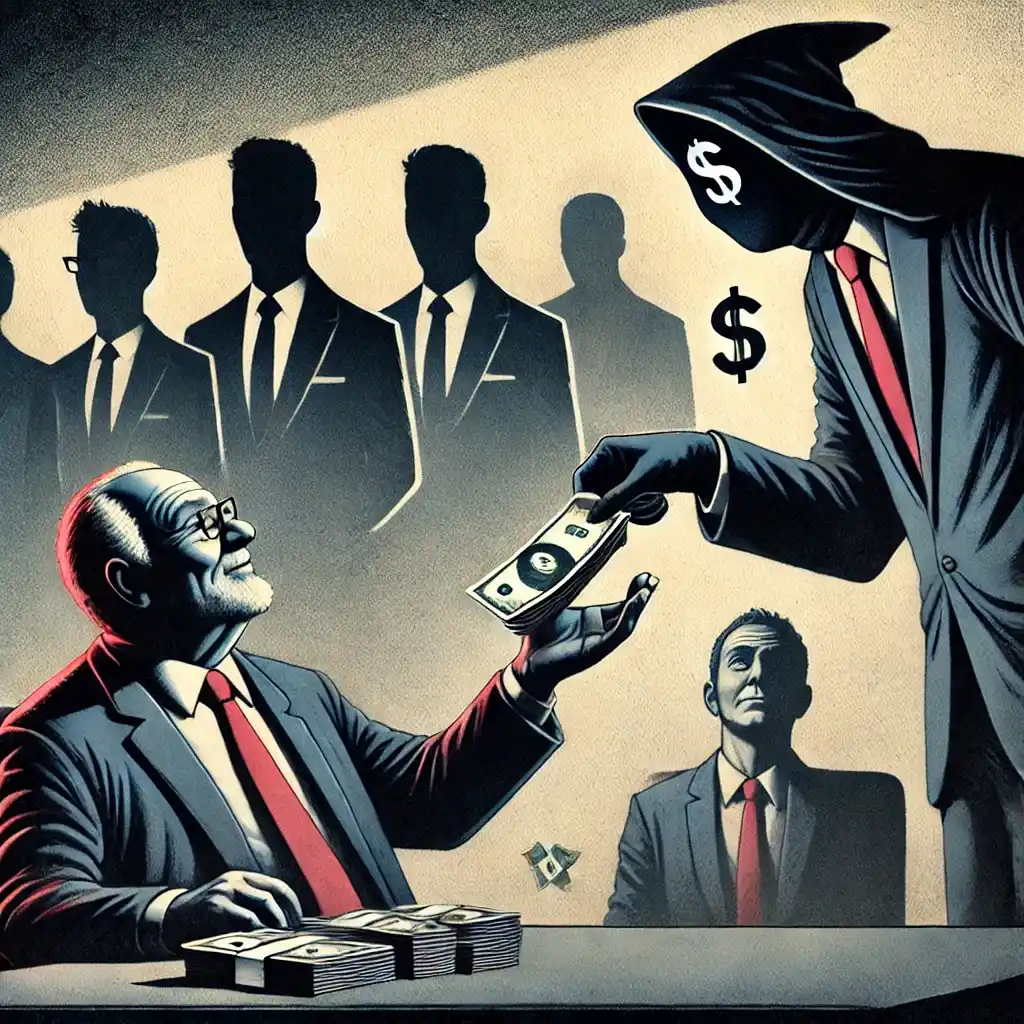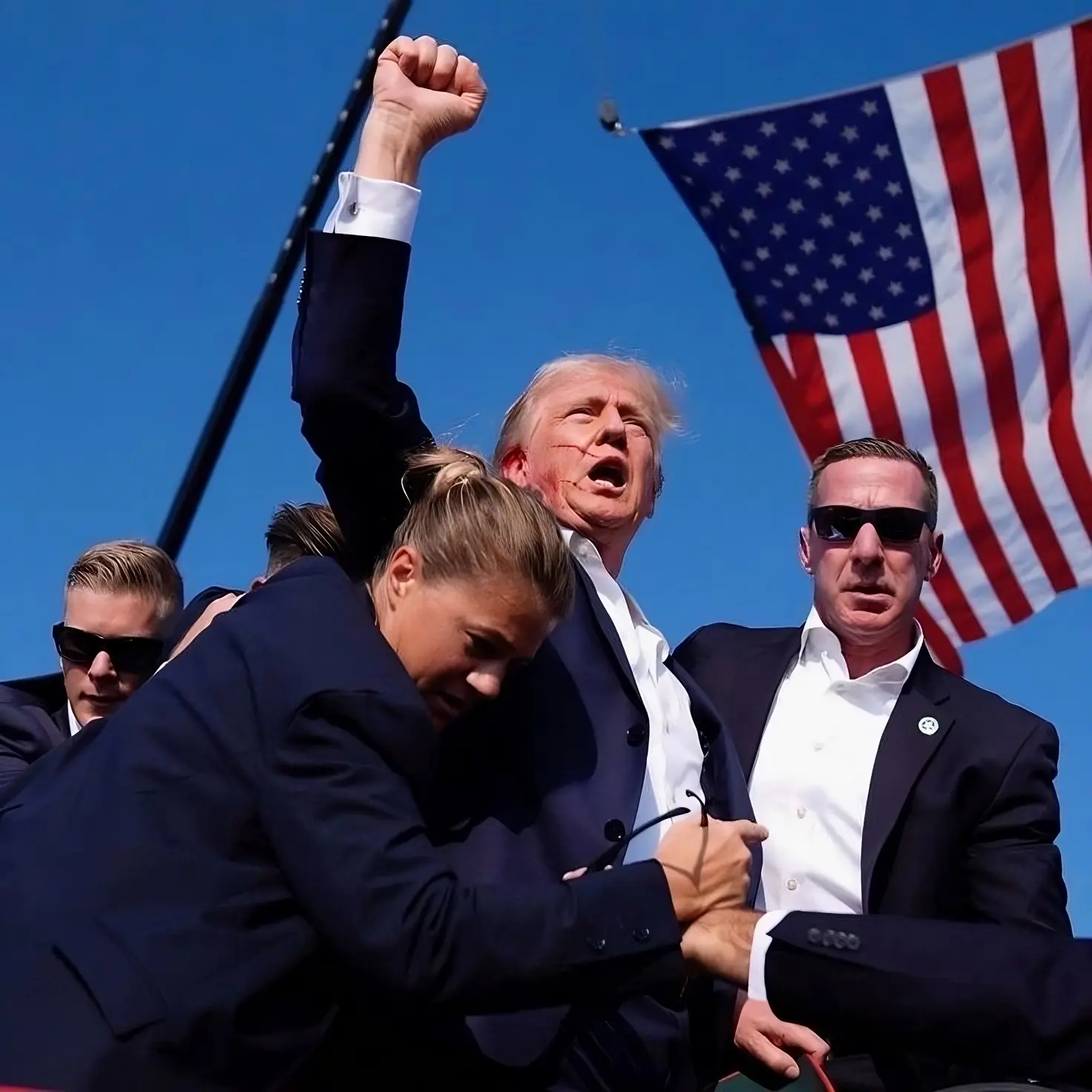In a world where the gap between the powerful and the powerless grows wider each day, the words of an unlikely voice ring truer than ever: “An oligarchy is taking shape in America.“
This isn’t just a claim; it’s a stark warning. While I didn’t agree with him on much, this statement resonates deeply, and it begs the question: What are we doing about it?
The Rise of the Oligarchs
America was built on the promise of opportunity for all. Yet, somewhere along the way, wealth and influence became tools to consolidate power, reshaping our democracy into a playground for the elite.
The signs are unmistakable. Billionaires now hold unprecedented sway over policies, elections, and even the narrative of our nation’s future.
Their grip isn’t subtle. From funding political campaigns to influencing media narratives, these power players have turned democracy into a commodity.
It’s no longer about the voice of the people—it’s about the checkbooks of the few.

A Turning Point or the Boiling Point?
One commenter described it perfectly: “It’s not just more. It’s different now.” Imagine a pot of water simmering for decades, inching closer to a boil.
The heat has been rising since policies of the Reagan era gave corporations a free pass to accumulate unchecked power. Now, we’re at 212 degrees—the boiling point.
This isn’t just about income inequality, though that’s a glaring symptom. It’s about a system that increasingly rewards greed over fairness, connections over competence, and silence over dissent.
What Happened to Leadership?
Gone are the days when leaders took a stand for the greater good. Today, many politicians are content to play the game, keeping their heads down and hands outstretched for donor checks.
Meanwhile, the voices of everyday Americans are drowned out in a sea of corporate interests.
Yet, history teaches us that pivotal moments like this demand bold leadership. Think of figures who dared to challenge the status quo—leaders who valued principles over profits, courage over convenience.
Where are the modern-day equivalents?
If you’re reading this, you might feel powerless. After all, how can one voice compete with billion-dollar empires? But the truth is, change begins with awareness.
It starts when ordinary people refuse to look away, refuse to normalize the extraordinary injustices that threaten the foundation of democracy.

The Role of Hope and Action
Hope isn’t a strategy, but it’s a start. The future of America doesn’t have to belong to oligarchs.
It can belong to leaders with the courage to act and citizens with the will to demand better. We need leaders who see their role not as a path to wealth but as a duty to serve.
The question is: Will we recognize these leaders when they emerge? Will we support them when the time comes, or will we allow the forces of greed to continue their march?
Final Thoughts
We’re standing at a crossroads. One path leads to further entrenchment of oligarchic rule, the other to a revival of the democratic ideals that once made America a beacon of hope. The choice isn’t just up to future leaders; it’s up to us.







